Duke-NUS Medical School
While the structure and function of the pre-synapse is relatively well-understood, the complex structure attached to the post-synaptic membrane—known as the post-synaptic density—remains largely mysterious. The Human Frontier Science Program has funded a three-year project to study post-synaptic structure and function. This ambitious project aims to understand the dynamic organization of the post-synaptic scaffold, using a range of methods including: genomics, transcriptomics, proximity labeling, mass spectrometry, Drosophila neurogenetics, protein modeling, X-ray crystallography, cryo-electron microscopy, and electron tomography.
The Claridge-Chang Lab at Duke-NUS Medical School is seeking to appoint a Postdoctoral Research Fellow with a strong background in molecular neuroscience to join this project. The collaborative project will involve interactions with a number of other groups, including the Copley, Hoelz, Manser, and Robinson labs. The Fellow will investigate the structure and function of the postsynaptic scaffold.
Duke-NUS Medical School in Singapore is a collaboration between Duke University and the National University of Singapore. It has a mission for training educating physicians, training biomedical scientists, and condcuting research. The Claridge-Chang Lab focuses on analysing essential brain functions with behavioural, genetic, anatomical and physiological methods, with an aim to discovering some of the basic components and mechanisms that underlie psychiatric and cognitive dysfunction. The laboratory uses neurogenetic methods combined with ongoing molecular, instrumentation and analytical tool development and application to understand the circuits and molecules that support learning. For additional information please read other pages on www.claridgechang.net.
Job Requirements
Candidates must have:
- A high level of motivation and a keen interest in neuroscience or biochemistry.
- A PhD or equivalent in a relevant field.
- Demonstrated knowledge, skills and expertise in neurobiology or biochemistry of neurons (or, in exceptional cases, a related field), with potential to achieve research excellence.
- Strong publication record or, if recent graduate, high-quality manuscripts.
- Advanced computer skills for recording, analyzing and organizing data.
- An ability to work closely with other scientists and an ability to quickly learn new techniques.
- Excellent communication, teamwork and project management skills. The ability to work harmoniously with a diverse workforce.
- Experience in scientific sourcing & procurement.
- Laboratory experimental skills, including the relevant skill set to perform the following techniques: cell culture; transfection methods; molecular biology (subcloning methods including restriction digests, PCR and gel electrophoresis); biochemical analysis; bioinformatic data analysis.
- Fluorescence microscopy, laser confocal microscopy, image analysis (ImageJ, Zeiss LSM Browser, PhotoShop, Metamorph and/or Matlab) and neuroanatomical analysis (e.g. Neurolucida, FIJI, NBLAST).
- Experience with the use and programming of software for data analysis and statistics (including Python, and/or other statistical packages like R or Matlab).
- Drosophila genetics.
- Behavioral experiments and analysis.
- Apparatus design & testing.
- Real-time apparatus control methods including stimulus delivery and control.
- Methods for analysis of DNA and protein sequence (BLAST, Vector NTI, etc.).
- Protein analytical methods.
- Use of genetically-encoded indicators (GFP and derivatives, luciferase).
- Analysis of gene expression (Q-PCR, Northern blotting, in situ hybridization).
- Fine-scale brain dissection; Immunohistochemistry.
- Graphic design (e.g. Adobe Illustrator).
- Electronics.
- Electrophysiology.
- Optogenetic physiology, two-photon microscopy, and related methods.
- Training will be available in some or all of these techniques where needed and appropriate.
Job Description
You will work to conduct research activities, including (but not limited to): planning; organizing; conducting; and communicating research studies within the overall scope of one or more research projects. Your main duties would include—but are not limited—to the following:
- To pursue one or more projects using the above described methods and others as necessary.
- To learn new methodologies when necessary or useful.
- Maintain experimental progress.
- To effectively analyse your results: apply qualitative and quantitative research techniques which include accurate in-depth assessment, interpretation and evaluation of research outcomes, conceptualize new ideas and develop plans for independent research which could have a considerable influence and impact on the relevant field.
- To strive to uphold an excellent standard of statistical graphics.
- To participate in the education and training of other staff as appropriate.
- To acquire and maintain knowledge of the literature relevant to the project.
- To attend appropriate scientific seminars and meetings and to remain current with the broader field of neurogenetics.
- To regularly communicate your results to the rest of the laboratory members.
- To write and review research papers, presenting research outcomes and develop connections with local and international researchers for collaboration work.
- To work with colleagues on collaborative projects.
- To contribute to project management, provision of guidance to more junior researchers as well as undergraduate and graduate students, occasional educational/instructional activities.
- To share responsibility for the housekeeping of the laboratory area, general maintenance tasks and fly stock maintenance.
- To conduct scientific sourcing and procurement.
- To share responsibility with others for laboratory safety.
- To perform any other duties as may be required from time to time to ensure the efficient running of the laboratory.
Interested applicants are welcome to email a detailed resume, supporting documents and contact details for at least two referees to [email protected]. Please note that your cover letter should indicate the reference number (Ref no: PN/ACC/RF-HFSP/201906). Only short-listed candidates will be contacted.
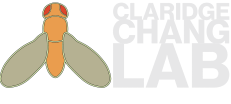
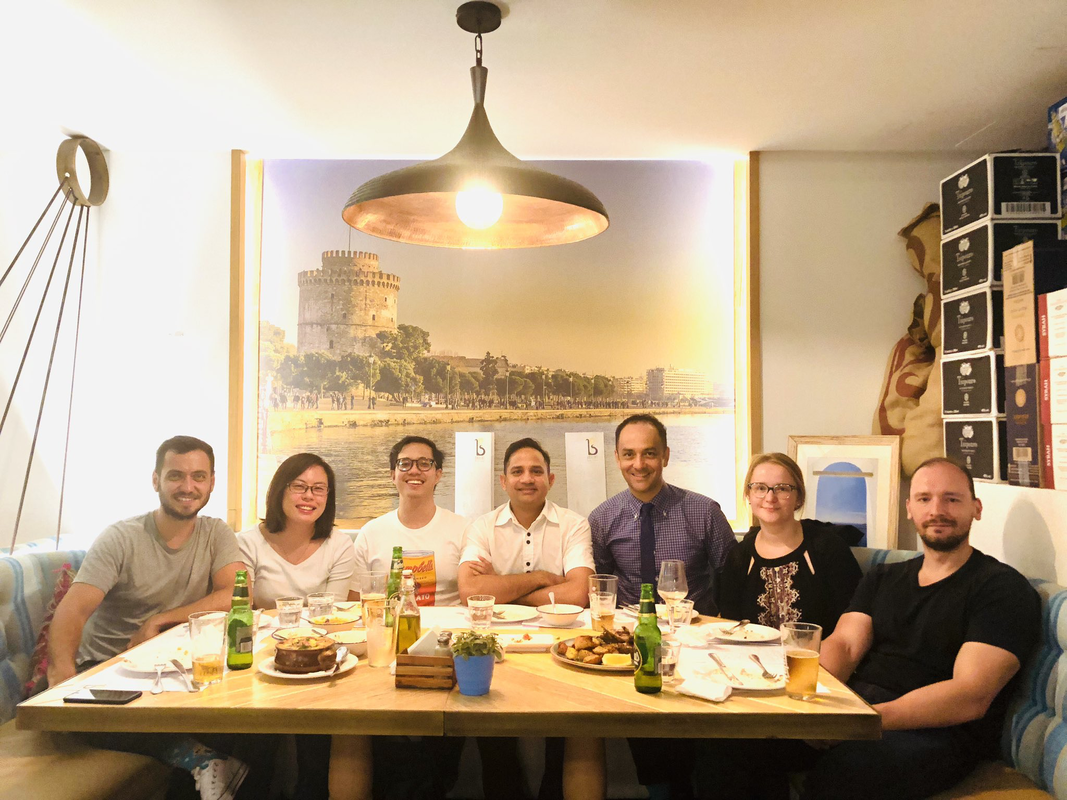
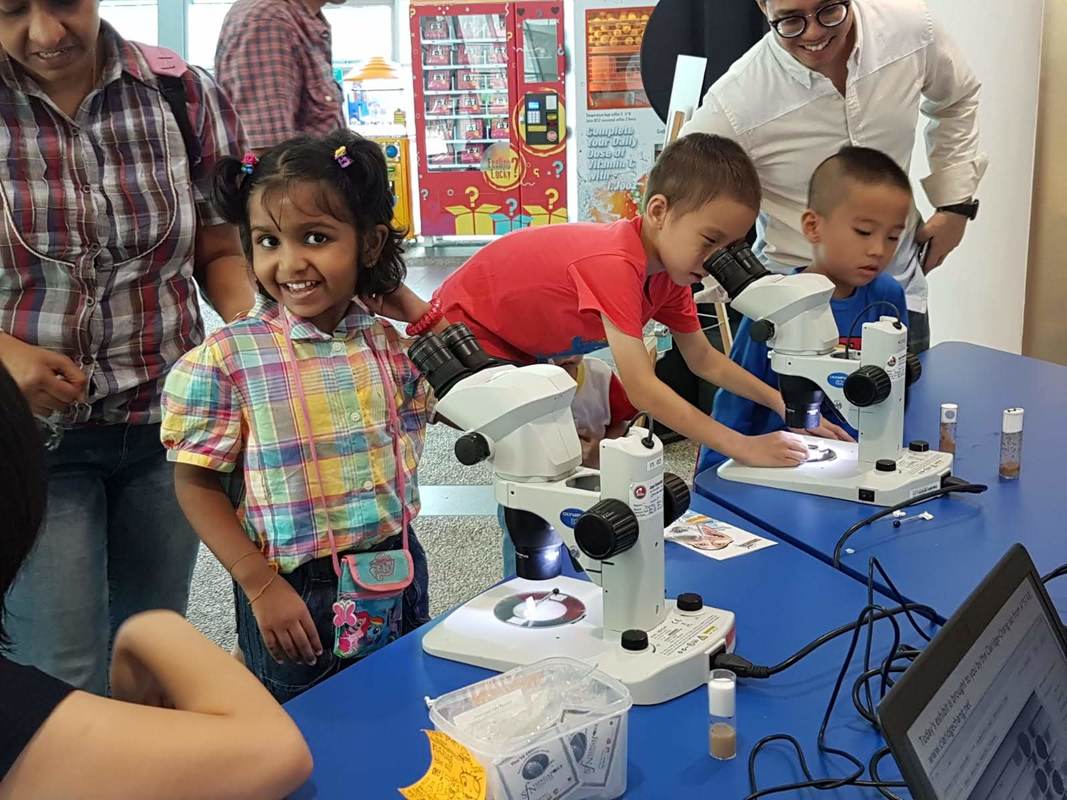
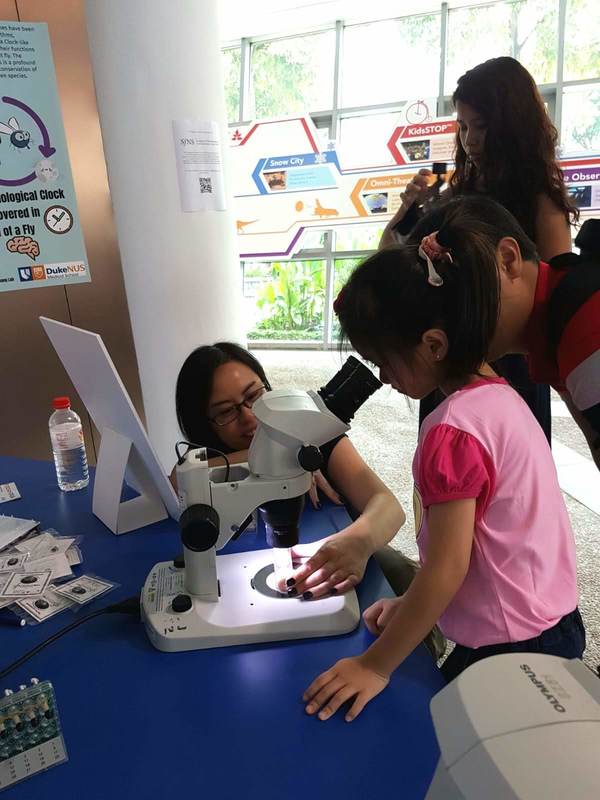
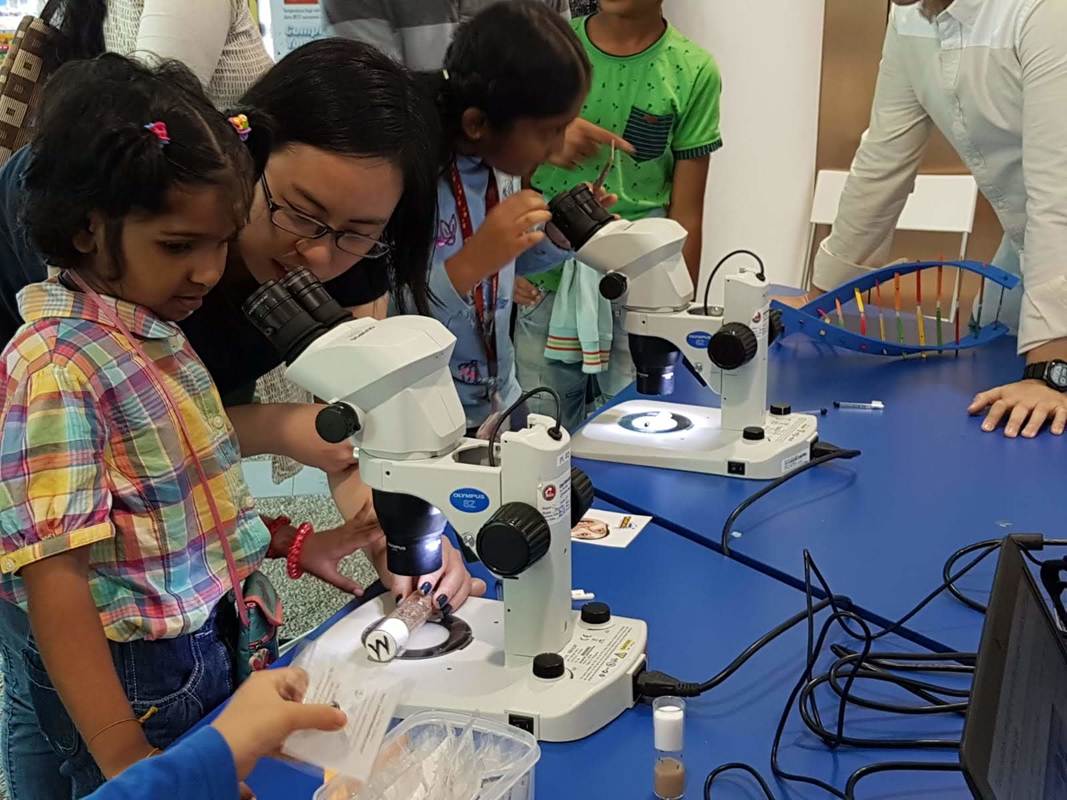
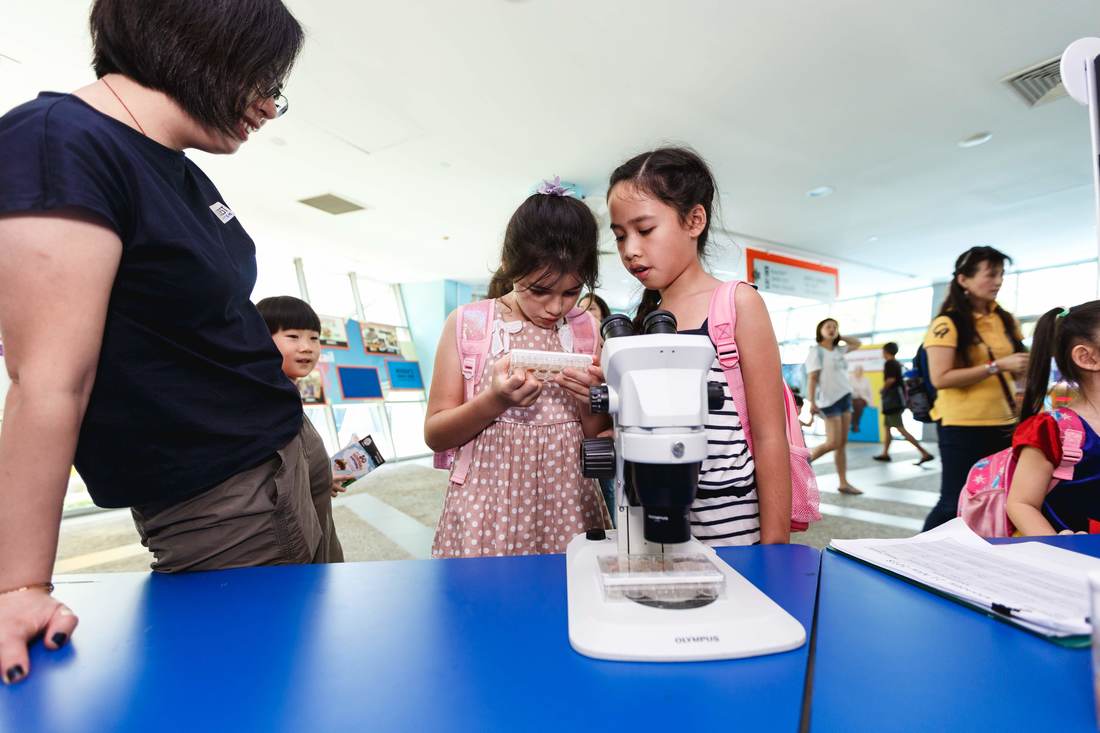
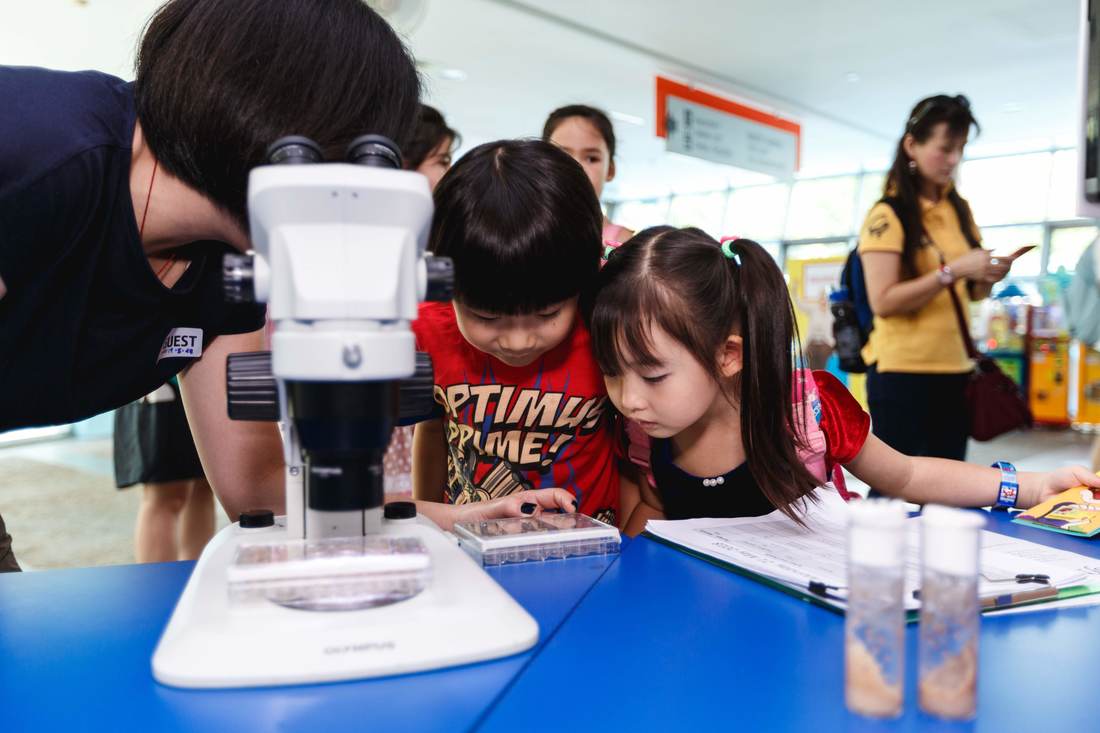
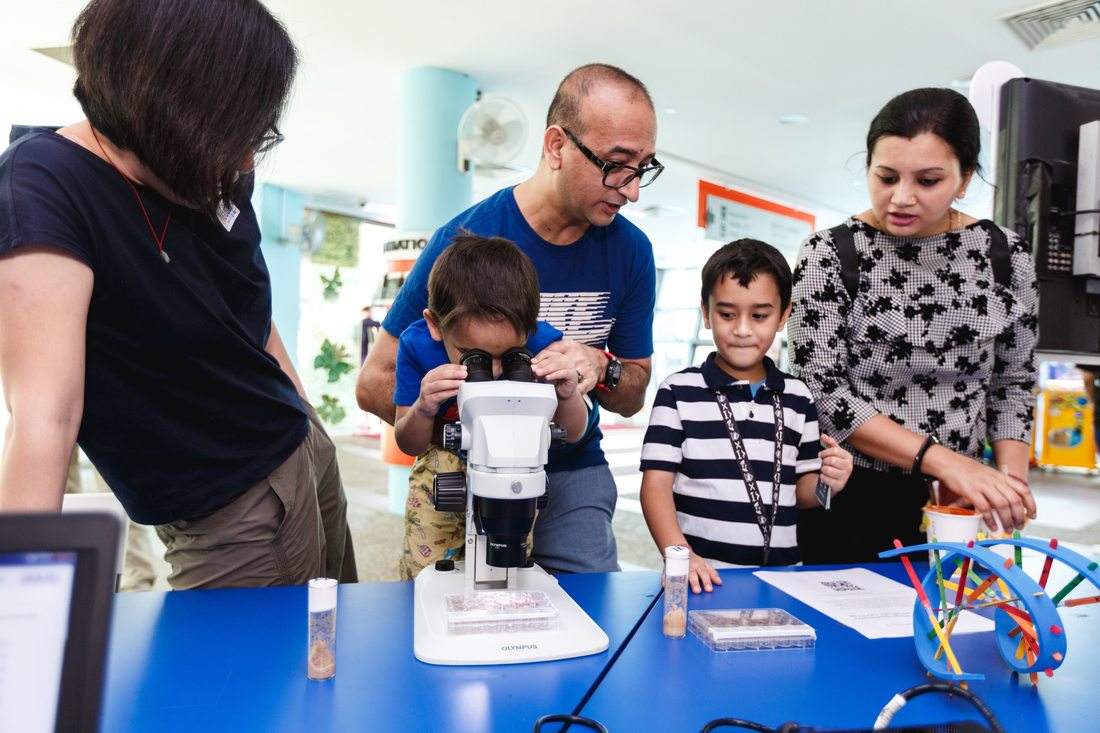
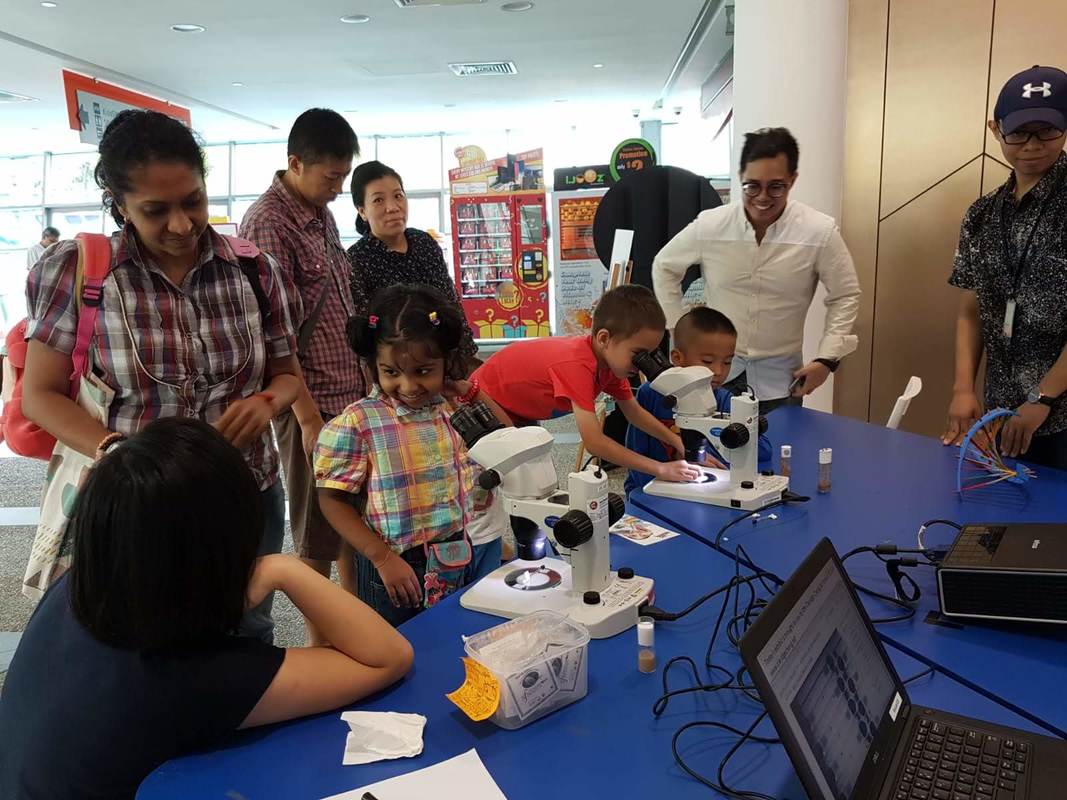
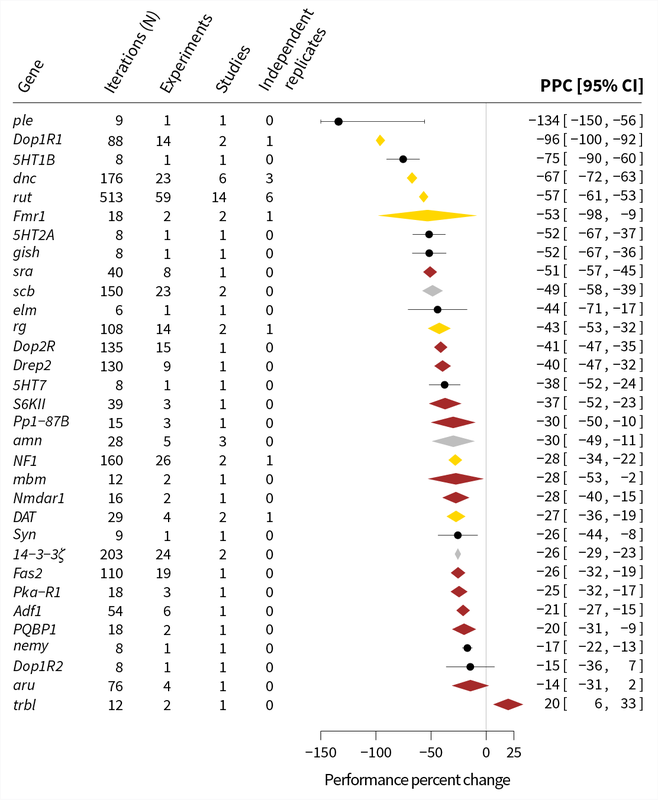
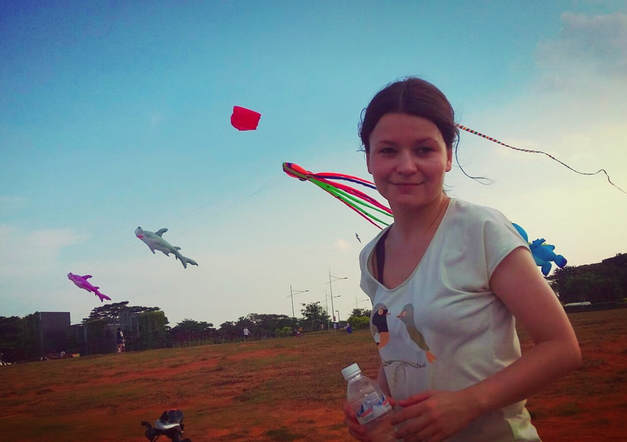
 RSS Feed
RSS Feed